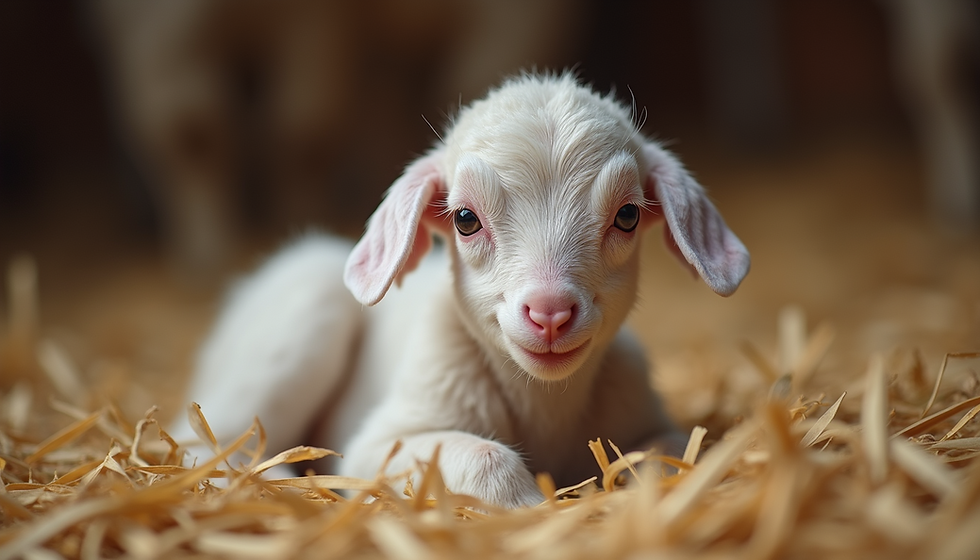From Farm to Fork: The Consumer’s Role & Reducing Food Waste
- Maggie

- Oct 13, 2025
- 2 min read
The farm-to-fork journey doesn’t end at the grocery store or farmers’ market—it ends with us, the consumers. How we buy, prepare, and use our food has a huge impact on the food system as a whole. In fact, some studies show that up to 30–40% of food is wasted after it reaches homes, restaurants, and institutions. That’s a lot of hard work from farmers, resources from nature, and money from our pockets going to waste.
But here’s the good news: as consumers, we have more power than we think. Every choice we make influences the future of our food system.
How Consumers Shape the Food System
Purchasing Power: When we buy local, seasonal, or sustainably raised foods, we create demand that encourages more farmers and retailers to follow suit.
Cultural Influence: Our food traditions, preferences, and cooking habits shape what stores stock and farms grow.
Advocacy & Awareness: By asking questions, supporting local farms, or pushing for transparency, we help improve food systems for everyone.
Reducing Food Waste at Home
The easiest way to make a difference is to cut down on waste. Here are a few strategies:
Plan your meals: Buy only what you’ll use.
Store food properly: Keep produce fresh longer by learning the right storage techniques (like keeping greens dry or separating ethylene-producing fruit).
Love your leftovers: Get creative with soups, casseroles, or stir-fries.
Compost: Even unavoidable scraps like peels or shells can return nutrients to the soil.
Understand labels: “Best by” often means quality, not safety—don’t toss food too soon.
Eating Mindfully
Being a mindful consumer also means appreciating food as more than fuel. Each bite represents months or years of care from farmers, truck drivers, processors, and retailers. When we pause to notice that, meals feel more meaningful—and waste feels less acceptable.
From Farm to Your Fork—and Back Again
The farm-to-fork journey is circular. Waste can become compost that feeds the soil. Local purchases keep money in the community. Cooking at home builds appreciation for ingredients. Our choices complete the cycle.
👉 Farm-to-Fork Challenge #8: Track your household food waste for one week. How much do you throw out? At the end, pick one strategy to reduce that number and try it the following week. Small steps add up to a big impact!





Comments